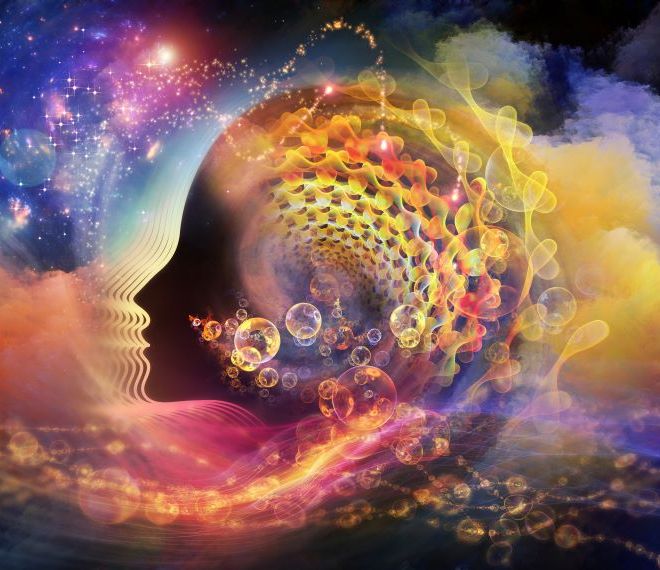Epilepsy, the “Gift of the Gods”?

The "gift of the gods"
Epilepsy is a chronic disease that occurs with different frequencies. The reason for this is that electrical discharges increase abnormally in brain neurons. Epilepsy is more common in childhood, with an incidence of approx. It affects 1.5%, while among adults it is 0.5-1%. Today, the primary goal in the treatment of epilepsy is to relieve symptoms, reduce the frequency and severity of seizures, achieve seizure freedom, and improve the patient's quality of life. However, this was not always the case. In ancient times, epilepsy was considered a gift from the gods, and those affected were highly respected, including Julius Caesar and Alexander the Great.
Various symptoms
We usually have the idea that an epileptic seizure is accompanied by convulsions and loss of consciousness, but this is not always the case. There are types that are associated with symptoms that are much more difficult to recognize. It happens that it is not the whole body, but only one muscle group, e.g. facial twitching, similar to tic disorder. This can appear in the shoulder girdle or even just in the trembling of the eyelids. Another type of epileptic seizure is when the patient "just" wanders off, staring blankly for a few seconds. This type of malaise does not involve muscle twitching. Seizures can occur during sleep at night, during the day or in the morning, even after waking up.
Epilepsy or provoked seizure?
Many provoking factors can trigger epileptic malaise, but it is not yet an epilepsy disease. According to international and domestic recommendations, epilepsy can be diagnosed if there have been at least two unprovoked seizures with more than 24 hours between them, or if an epilepsy syndrome has been diagnosed ( www.ilae.org , Fisher et al., Epilepsia 2014). Most common provoking factors: sleep deprivation, head injury, excessive alcohol consumption or its sudden cessation, drug use, flashes of light.
Hereditary or acquired epilepsy
Epilepsy diseases linked to hereditary factors mainly occur in children and young adults. Acquired epilepsy occurs from childhood to old age, which can be caused by any disease process that damages the brain, e.g. cerebral infarction, tumor, inflammatory disease, traumatic injury.
Treatment of epilepsy
Epilepsy is diagnosed with an EEG test. This procedure is suitable for selecting the appropriate drug. However, it is important to know that a third of patients do not respond to anti-epileptic drugs, so-called they have "drug-resistant" epilepsy. This means that the medicine does not affect their condition in the correct, maximally tolerated dose. In such cases, special diets such as the ketogenic diet and surgical interventions may be considered. In addition to operations to open the skull and remove the epileptic focus, it is now possible to improve the quality of life of patients who do not respond to traditional treatment with another procedure, electrical stimulation of the vagus nerve and deep brain stimulator.
Have a question? Contact our neurologists:
